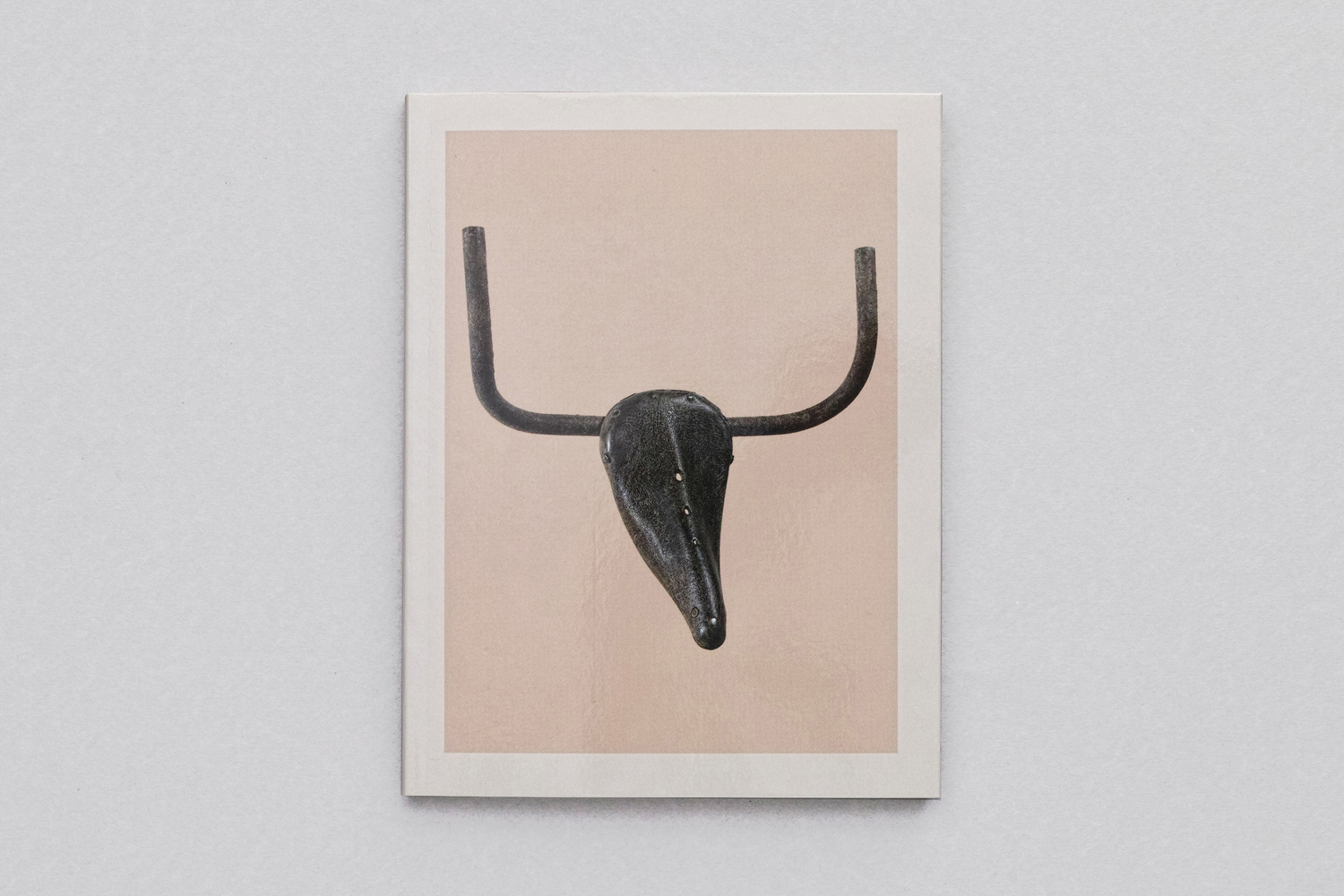Peter Burger.
Theory of the Avant-garde
A classical avant-garde model for understanding the functioning of contemporary art.

Peter Burger was a German philosopher and one of the first theorists of the avantgarde.
In his “Theory of the Avant-Garde”, Peter Burger does not limit himself to reconstructing the development of individual art movements in the 20th Century — he explores the conditions of the historical possibility of the avant-garde and offers tools allowing us to consider it independently of art as an institution.
Burger believes that a characteristic feature of historical avant-garde movements is the absence of certain styles, for example in Dadaism or Surrealism. In his opinion, these movements, on the contrary, eliminated the unified style of the era and made the artistic means of the past accessible. The conclusions that Peter Burger reaches in the “Theory of the Avantgarde” are fundamentally important for the analysis of modern artistic practices and the aspects of how they function institutionally, culturally and in the realm of the market.
It is my thesis that certain general categories of the work of art were first made recognizable in their generality by the avant-garde, that it is consequently from the standpoint of the avant-garde that the preceding phases in the development of art as a phenomenon in bourgeois society can be understood, and that it is an error to proceed inversely, by approaching the avant-garde via the earlier phases of art.
Translator
Sergey Tashkenov
Editor
Karen Sarkisov
Design and layout
Ilya Chichin